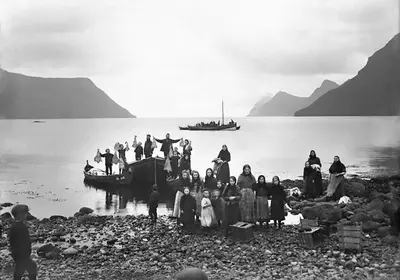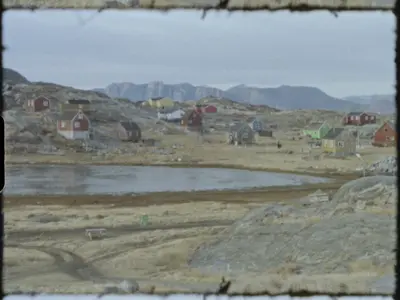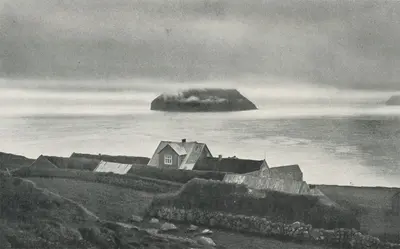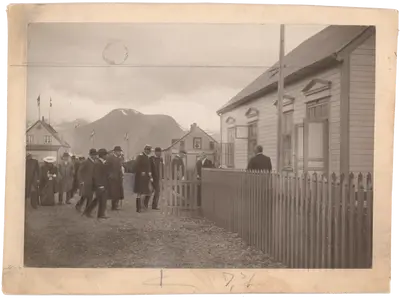The project
Everyday Histories
Everyday Histories are locally rooted and personal accounts of everyday life that create meaning and a sense of community. They form a foundation for existence, reminding us of shared traits and values. They are our collective memory. However, they are ephemeral and can be difficult to preserve and communicate. Through interdisciplinary collaborations with local partners and museums, the project Everyday Histories contributes to the research and dissemination of oral traditions and family archives, as well as their significance for historical writing in areas of Greenland, Iceland, and the Faroe Islands.

Subprojects
In recent years, there has been a growing interest in colonial history, living cultural heritage, and memory work. The present is defined by how we remember and tell our collective stories. To understand how our past shapes social life and cultural encounters today, we must establish dialogue across former power structures. Qualitative research into oral histories and vernacular archives provides new insights into how locally rooted everyday stories intertwine with broader historical events. By focusing on locally anchored stories and archives from settlements in Greenland, Iceland, and the Faroe Islands, this project weaves together everyday narratives and archives into a polyvocal mapping made available through exhibitions, workshops, and a digital platform, ensuring that voices often excluded is given space and time to enrich historical awareness.
Through anthropological fieldwork in Greenlandic, Icelandic, and Faroese settlements, combined with exhibitions and a digital platform, the project asks:
What roles do oral histories and vernacular archives play in understanding history and memory work; What is the relationship between materiality, affect, and narrative? and how can these histories and archives be collected, documented, and communicated in new ways?
In collaboration with Aarhus University, Moesgaard Museum, the Greenland National Museum and Archives, the National Museum of Iceland, the National Museum of the Faroe Islands, the National Museum of Denmark, and the Royal Library, this project contributes to:
- A new understanding of how local oral histories and vernacular archives are used in everyday storytelling.
- New methods for collecting and digitising oral histories and vernacular archives.
- Exhibitions, podcasts, and a digital platform.
This project consolidates systematic research methods with innovative collaborations, at a time when there is an increased need for locally rooted narratives, considering recent challenges to dominant colonial historical perspectives.
Through our interdisciplinary collaboration, we provide local and regional knowledge-sharing among local archives and national museums in the three countries, based in existing expertise, through workshops, seminars, and scientific publications, with the aim of developing new theories at the intersection of memory work, materiality, affect, and narrative theory. We facilitate preservation and digitisation of site-specific stories and archival material on a digital platform, as well as the establishment of a protocol for collecting and archiving oral histories and vernacular archives. Finally, we communicate living cultural heritage to a broad audience through experimental approaches to co-creation, workshops, and exhibitions.
Central to this research project are exhibitions, here understood as a unique space for knowledge sharing and dissemination. In the project, exhibitions are conceptualised as collaborative analytical catalysts, from the collection phase, through processing, and later in the final communication phase. By integrating and facilitating locally anchored workshops and exhibitions, which are then developed into national exhibitions and ultimately a joint exhibition and website, they are a key part of the research methodology and data collection.


